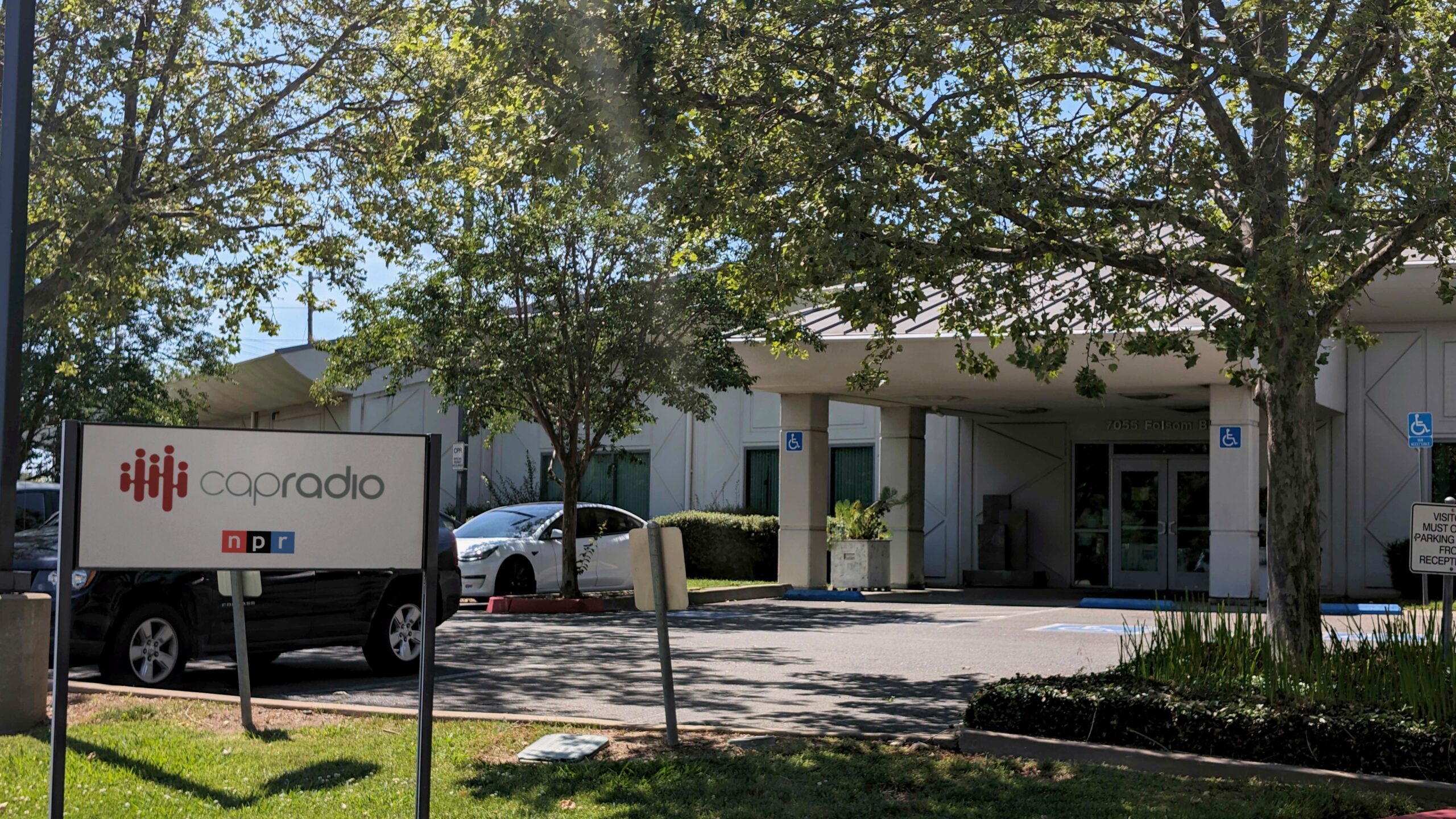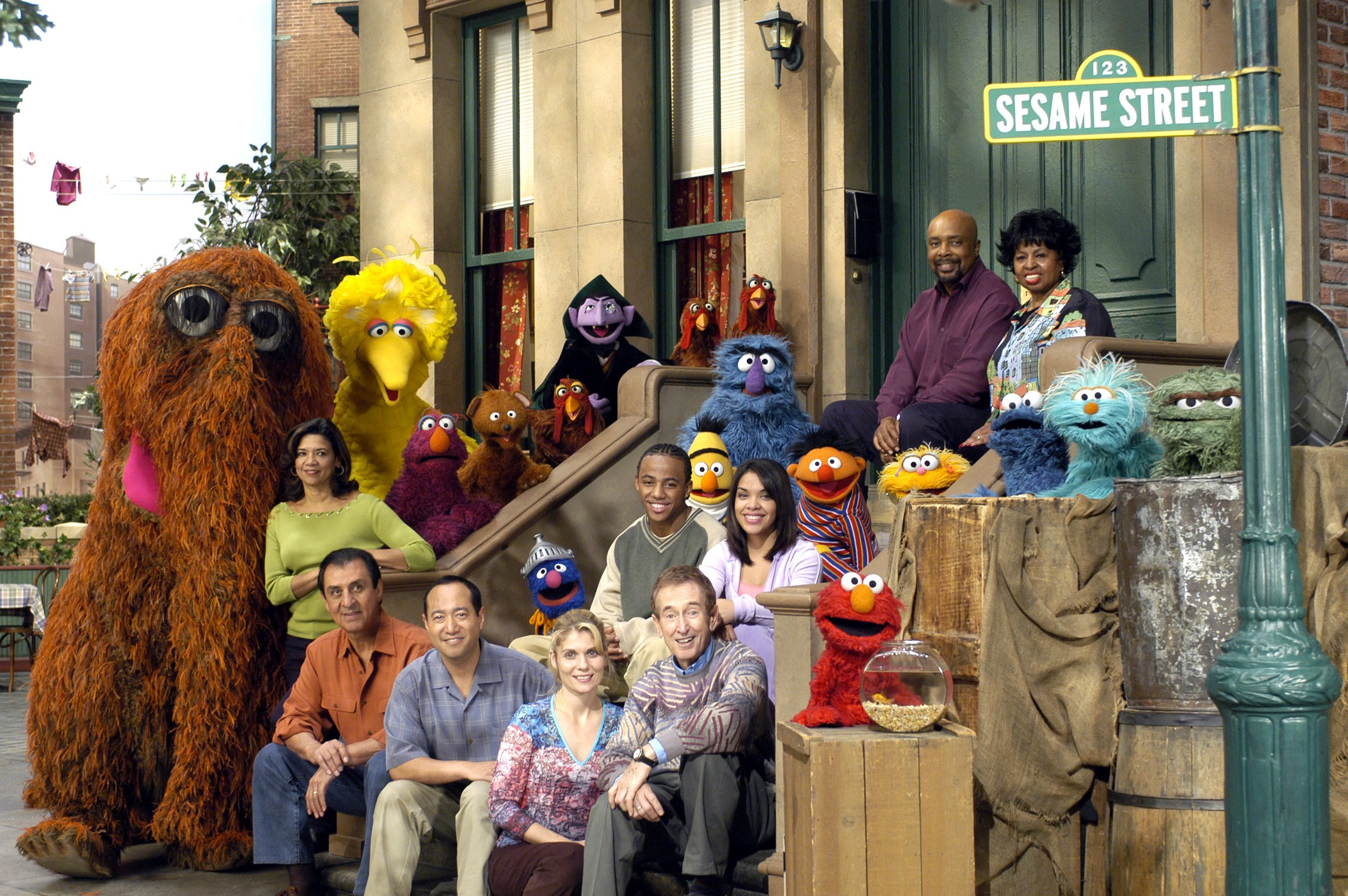WVPB spared from fatal cuts in final state budget
West Virginia Public Broadcasting’s state appropriation survived this year’s budget stand-off between Governor Jim Justice and state lawmakers, but not without sharp funding cuts that could require employee layoffs.
The final bill enacted Wednesday without the governor’s signature decreased the public radio and television broadcaster’s state subsidy by approximately $1 million, more than 20 percent of its appropriation. That reduction is prompting an “in-depth review of our entire station” over the next six months, said Susan Hogan, chair of the Friends of West Virginia Public Broadcasting, in a statement.
She estimates that the state network will have to lay off up to six employees and “cut back on some of our most expensive local productions,” including its children’s show Abracadabra. The network may also turn off TV translators in remote regions of the state.
The state budget retained a $300,000 line item for Mountain Stage, an NPR-distributed series that had been targeted for cuts in earlier budget proposals.
“Through good management and with help from our friends, WVPB will continue to tell West Virginia’s story, despite these cuts,” Hogan wrote. “The station’s leadership is still determining how to best protect the high quality of services and programming you’ve come to expect from West Virginia Public Broadcasting.”
WVPB has braced for deep budget cuts since February, when Gov. Justice’s initial budget proposal zeroed out WVPB’s state funding. At the time, Hogan said the budget threatened “the very existence of our state’s PBS and NPR stations.”
Justice later walked back that proposal and called for restoring full funding of $4.56 million. But a reduced appropriation, $3.62 million, was confirmed Wednesday when Gov. Justice announced he would not sign the budget negotiated by lawmakers during a special legislative session. But the bill became law without his signature.
WVPB hopes to offset some of the losses through member support. In FY 2016, nearly half of the network’s revenue came from its state appropriation and about a quarter from donations and sponsorship.
In the last six months, WVPB has seen a 15 percent increase in membership revenues. It is also in the midst of a “Protect WVPB” membership campaign to “help alleviate some of these cuts,” Hogan said. The campaign is less than $100,000 from its $500,000 goal.







